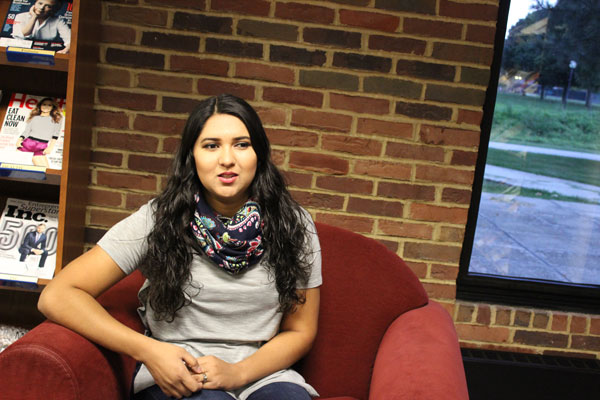TW: sexual assault, victim blaming
I first experienced sexual violence at the age of 12. This happened to me about a decade ago, yet here I am still trying to unpack and understand what that means for me. If I am being honest, I did not realize that I was sexually assaulted until I went to a PIN presentation last year.Some of you might be wondering, well how do you not know that you were sexually assaulted? Something needs to be made clear, sexual assault can be a whole spectrum things. I also was not able to talk about this with anyone, because I grew up in a culture that did not know how to deal with this type of situation, even though it happens all too often.
I found that after the assault, it was difficult because I felt that I could not tell anyone, and when I felt I could open myself up to someone, I got a lot of victim-blaming comments like, “Well, why didn’t you leave?”, “What did you say to him?” and “You probably liked it.” (Yes, you read that right.) Not fully understanding what happened to me, I would shut down and even believe these terrible things being said to me.
I spent 10 years believing that I was to blame for my assault. After this, I felt (and still feel) a severe mistrust of men, especially those who I do not know. I cannot make eye contact with men, afraid they may take my kindness for something more. I hate going to stores alone; I feel like something might happen to me.
There was a sexual assault on my street last year, and those were the scariest few months of my life. My life has been severely impacted by these events, and yet I still feel like I cannot freely talk about my experience.
Sexual assault is such a taboo subject, that many of us have a negative view of survivors. We self-blame, or blame other things like alcohol or sex drive in order to deny the fact that rape culture is the problem.
We do not want to believe that we maybe sitting next to a survivor in a classroom or that our loved ones are also survivors. We don’t want to believe that our loved ones could be perpetrators.
We want to blame alcohol; we want to believe that men would not ever commit such a terrible act without being under some sort of influence. We want to believe that alcohol makes women more promiscuous. We want to believe that clothes make people unable to “control” themselves.
We keep going on in complete denial about our toxic views of sex and consent. In that denial, we are hurting the ones most affected by this. With our words and attitudes, we are telling survivors that they do not own their bodies and that others have the right to take from them what they please. We are telling survivors that our comfort is more important than their safety.
We are telling survivors that they have to suffer in silence. We are creating a cycle in which our young girls feel they cannot ask for help. We are creating an environment where we are not teaching our boys healthy ideas about sex.
When survivors hear victim-blaming comments, you could make them blame themselves even more than they did before. They will become uncomfortable around you, and most importantly, they will know that they cannot trust you. The truth is that you will never know if there is a survivor in the room.
You may not know my story, but you have read about the significant ways that this has affected me. I can tell you that I am not alone; I will not be the last. Think about this when you think a rape joke is funny or when you are questioning a survivor who takes their case to court. You never know who is listening to you, and you never know how you are affecting them negatively.
Think about the language you use, and think about how a survivor might feel if they hear what you are going to say. Think about my story; think about your loved ones who could be affected by this.
Don’t feel bad about what you might have said in the past. Work to change it. Believe me, we can all do better with our empathy. Keep this in mind during sexual violence awareness week, as we work towards making GC a violence-free campus.



